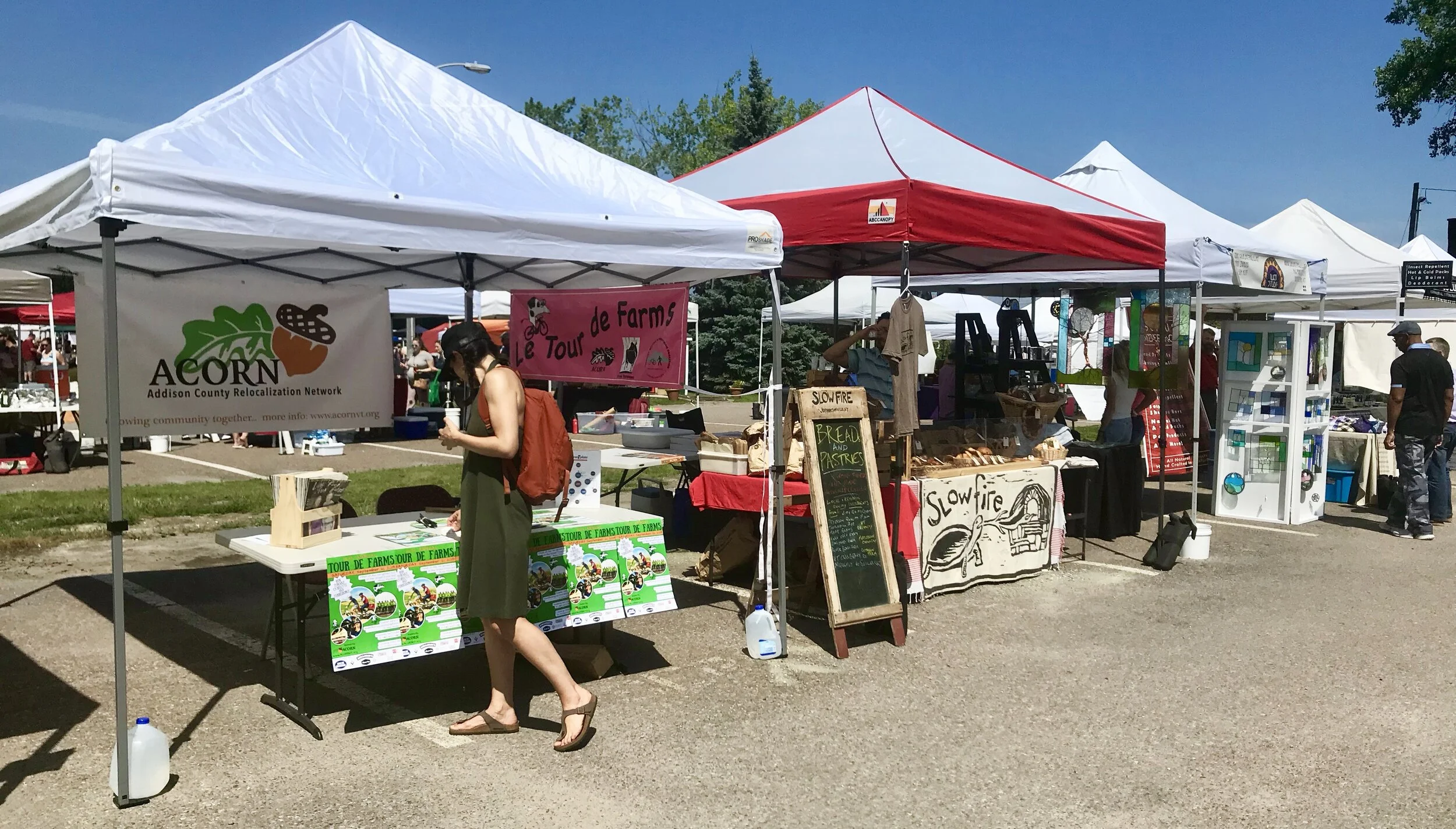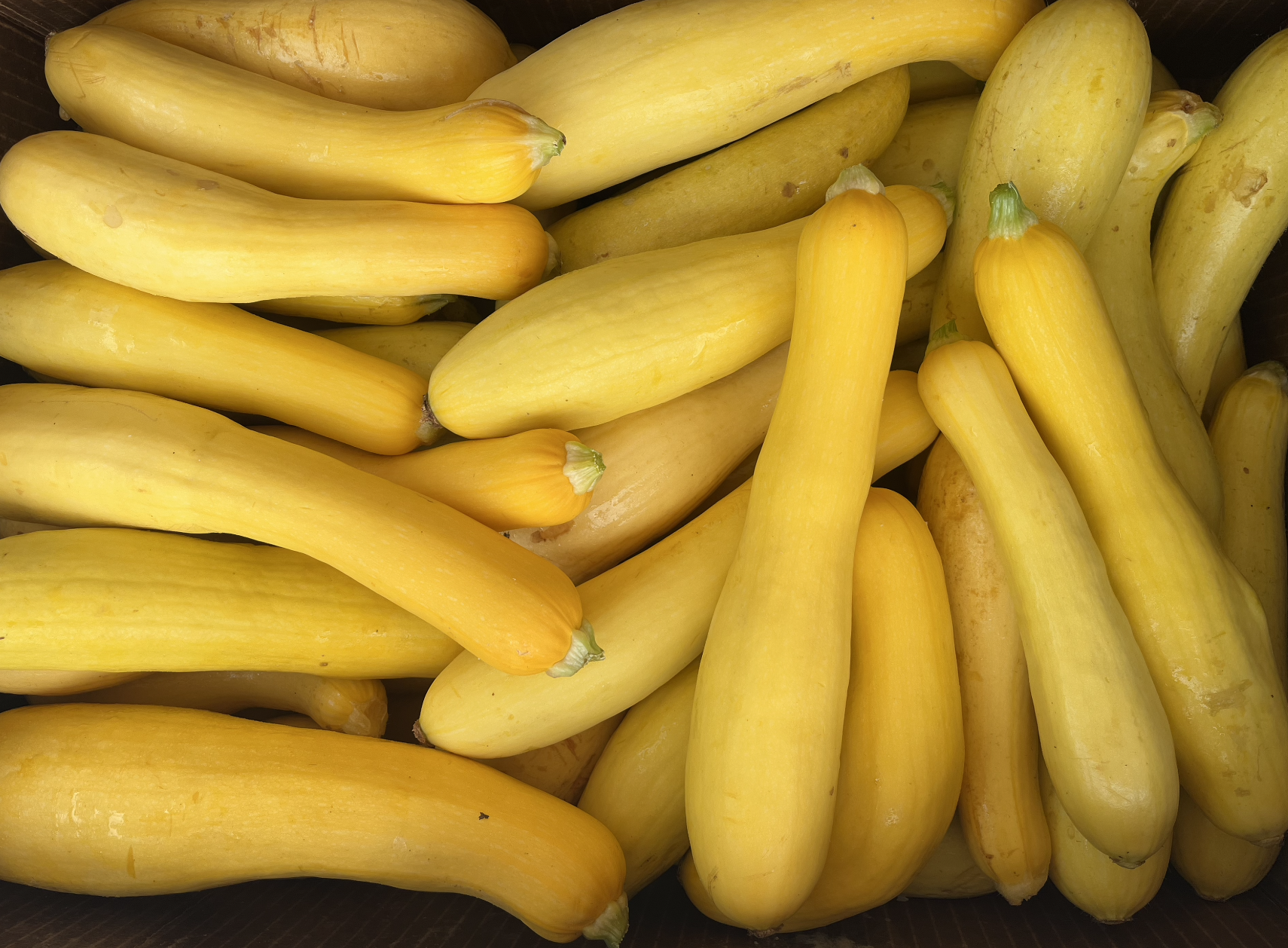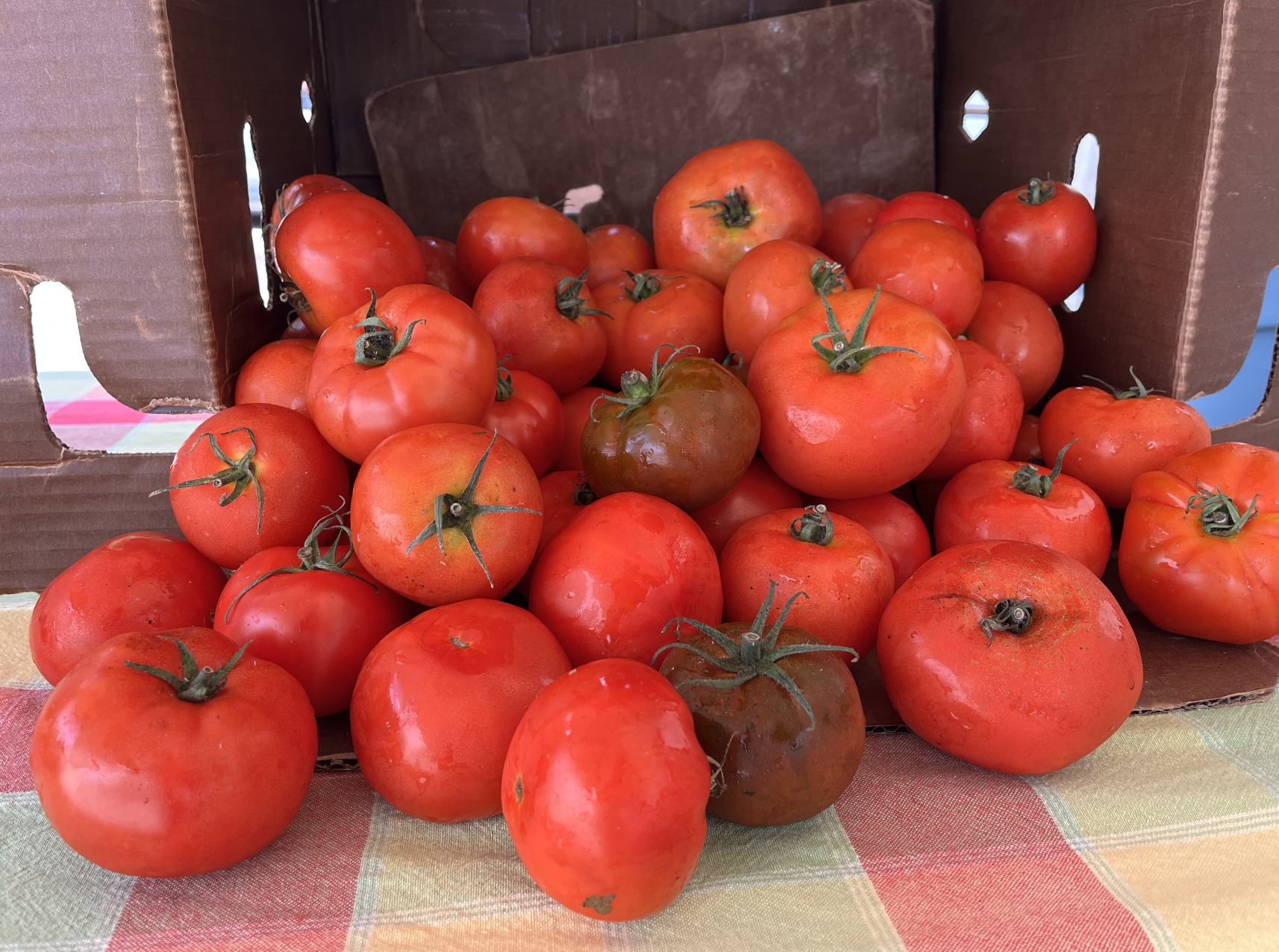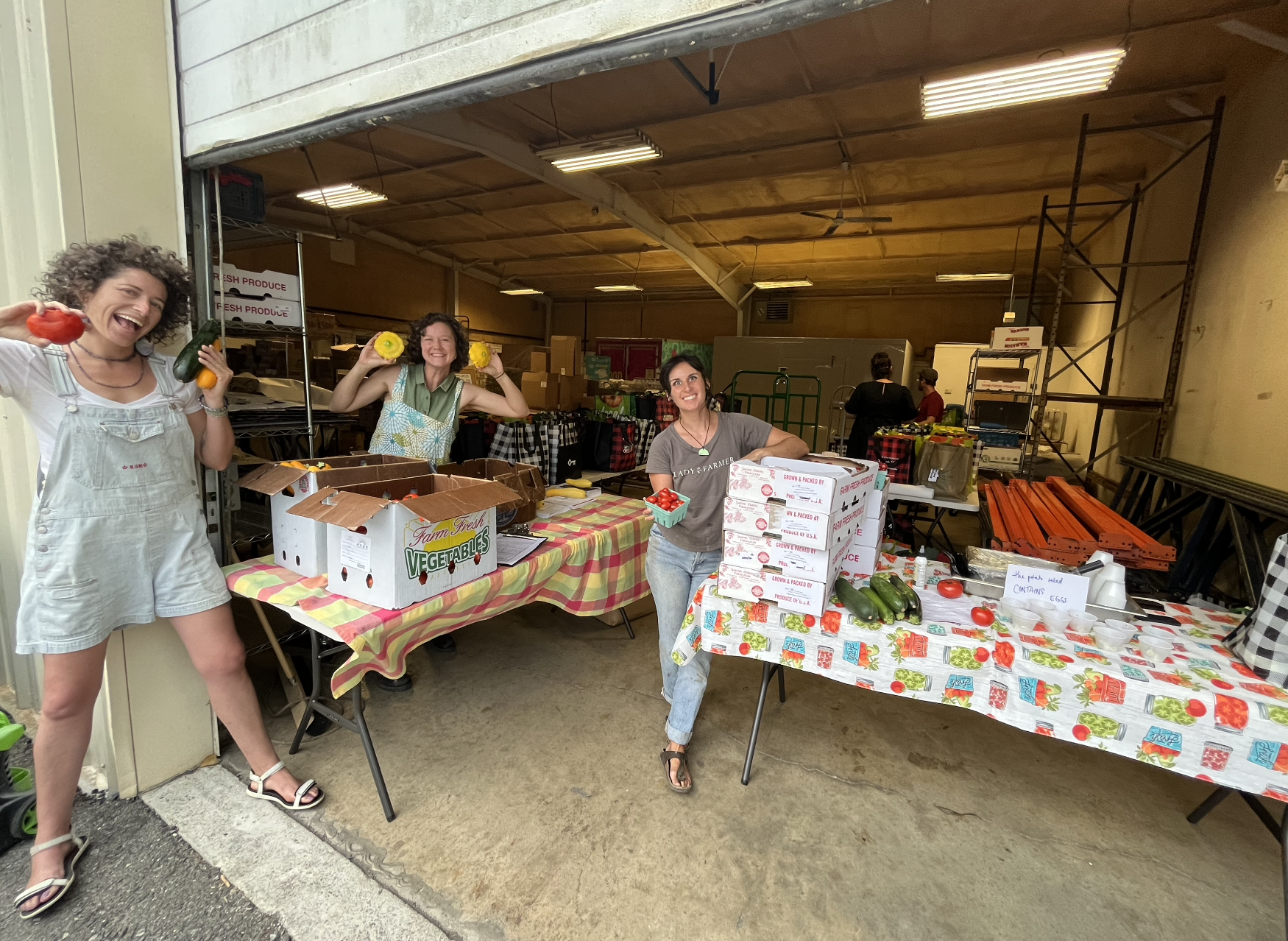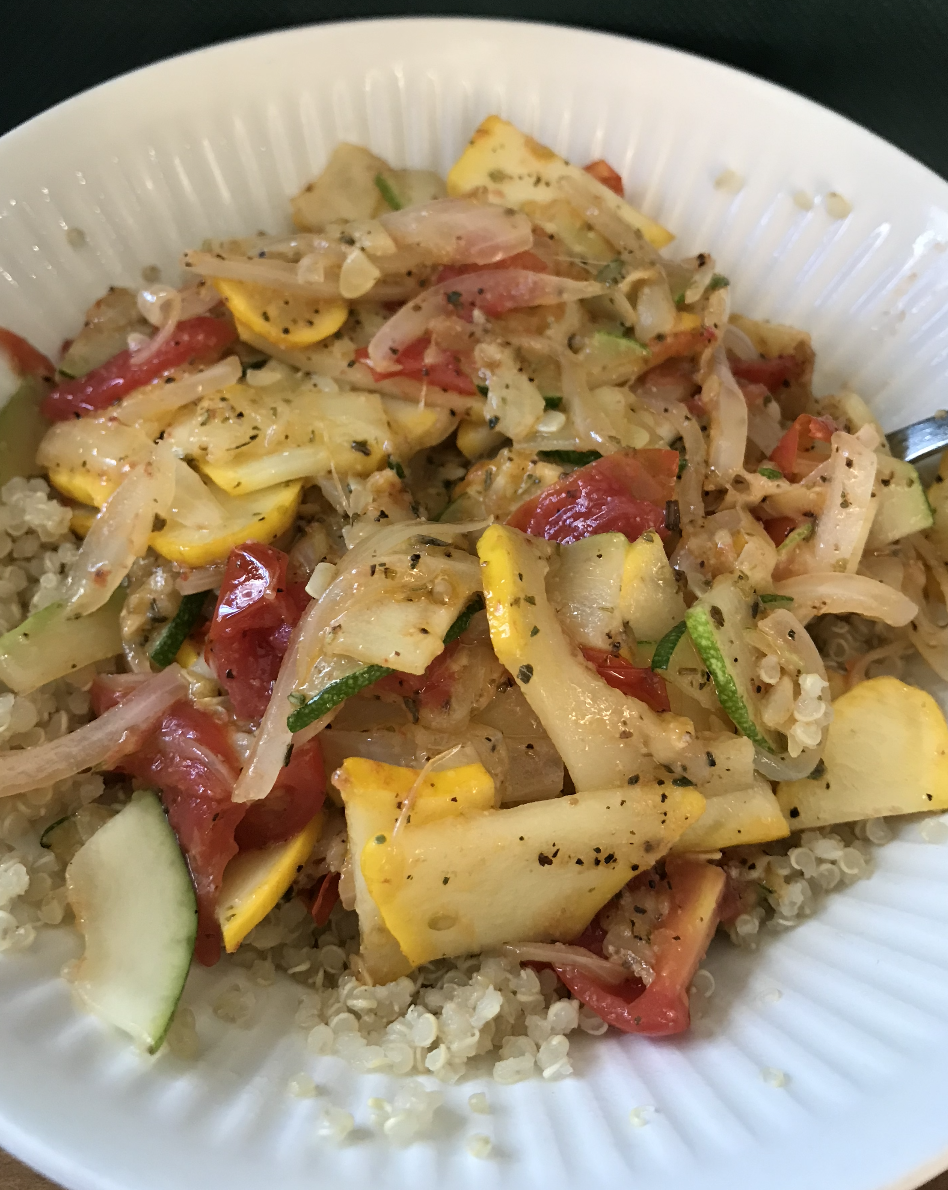Volume 1: Firefly Fields
/This past week I had the opportunity to sit down and chat with Nathan Hammer. Nathan is a young farmer from California who owns Firefly Fields, a beautiful small 1-acre farm in Bristol Vermont. I arrived just as the sun began to set. Stepping out of my car, I was greeted by a tall, lanky man, wearing a knitted beige beanie. I assumed this was Nathan as he slowly stood up from the wooden rocking chair on the front porch of his two-story farmhouse. After a brief introduction, we meandered down a hill behind the farmhouse so I could have a look at the farm.
Emerging from a line of trees at the bottom of the hill, we were met by rows of farming beds. As it was early November, Nathan had already harvested his crop and covered about half of the beds with cover crop in attempts to revitalize the loamy soil after the growing season. But the remnants of his ever-bearing strawberries, basil, and artichokes remained as withering stocks peeking out from the black plastic that kept the weeds at bay.
Passing the farming beds, we crossed over to a long structure covered by a semi- transparent film. Pulling back a large sliding door, Nathan revealed the rows of string hanging down from the ceiling. The string, and soil beneath them, appeared barren, but Nathan explained that during the growing season the area was full of tomatillos that were held up by the string.
Nathan talked about his life before Firefly Fields. Back in college in California, he did his undergraduate degree in advertising, a far cry from his current passion for working with the land. After spending three years volunteering at Hidden Villa, a farm just north of San Francisco, Nathan decided to start a farm of his own: “When I started farming at Hidden Villa, there was a community there unlike anything I had experienced.”
Nathan attributes this major life change to the strong community relationships he experienced around farming. He went on to explain that his role in advertising did not give him any sense of fulfillment.
“I was sitting in front of a computer eight to ten hours a day playing with pixels… it was pretty disheartening… when I started farming, it felt like I was doing something for the community and for the environment.”
Nathan in front of his cold frame.
Nathan’s story is one I think we have all heard before. Humans seem to have lost connection with the land in our current consumption-driven society, creating a greater divide between people and where their food comes from. In my case, when making a grocery list, I don’t think about where the different fruits and vegetables I place in my shopping cart are grown. I experience the grocery store as the supplier of these foods and not the farmer or the land that produced them. What has been lost in this abstraction of relationships?
Small local farms, I believe, are how we can rediscover this connection with the land. Small-town farms have the incredible opportunity to bring people together and reconnect them to the land and their food. Nathan is one of three growers who supply CSA shares to ACORN’s Farmacy: Food is Medicine program. Farmacy gives people in our community the ability to choose whole, locally-grown foods instead of the refined and processed “food stuffs” we see in the grocery store.
Walking back through the farming beds and up the hill, we came to sit at a rickety wooden table on the porch of the farmhouse. Nathan placed his hands in the pockets of his coat as he talked about how he’s thinking next about exclusively growing nuts and berries at Firefly Fields. The sun disappeared behind the Green Mountains and a chill settled over the tall grass.
Our food is such an integral part of who we are. During my time spent with Nathan, I came to understand the crucial role local food can play in building healthy communities. Through the work of small farmers like Nathan and caring community programs such as ACORN's Farmacy initiative, I hope local foods can increasingly make it onto everyone’s table in our community.

